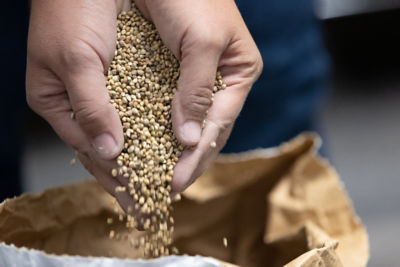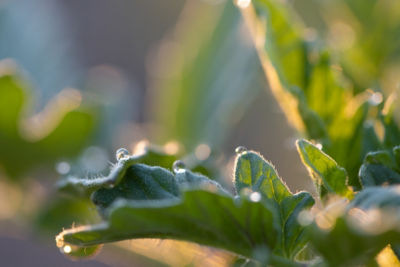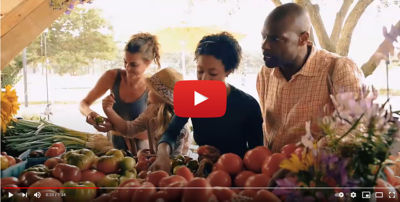It takes our vegetable breeders between eight and twelve years to develop and commercialize a new vegetable seed variety. Our dedication to a time intensive process of testing and re-testing helps ensure that we deliver reliable seed to our customers and end consumers. Obtaining patents and plant variety protection (PVP) certificates are ways for us to protect our time, ideas and investment spent to develop those products.
Patents
- Patents on vegetables are no different than other patents. The U.S. Patent and Trademark Office (USPTO) defines a patent as a property right granted by the Government of the United States of America to an inventor “to exclude others from making, using, offering for sale, or selling the invention throughout the United States or importing the invention into the United States” for a limited time in exchange for public disclosure of the invention when the patent is granted.
- The patent term is generally 20 years from the filing of the application.
- Seminis is among many seed companies who utilize patents to protect their intellectual property.
Plant Variety Protection (PTP)
- The USDA’s Plant Variety Protection (PVP) Act’s purpose is to “encourage the development of novel varieties of sexually reproduced plants” by providing their owners with exclusive marketing rights of them in the United States. The requirements of protection are that the variety be uniform, stable, and distinct from all other varieties. Fungi, bacteria, and first generation hybrids are excluded from PVP protection.
- A Certificate of Protection remains in effect for 20 years from the date of issuance. The owner may specify that the variety be sold by variety name only as a class of certified seed, as defined in the Federal Seed Act. Once so specified, the designation cannot be reversed.
- PVP requires the certificate owner to deposit seeds of the material. Once the certificate expires, the public has access to those seeds.
- Seminis is among many seed companies who utilize PVPs to protect their intellectual property.
Why protect our vegetable seeds?
On average, it takes Seminis vegetable breeders between 8 and 12 years to develop and commercialize a new vegetable seed variety. Some of those crops, like lettuce and pea are open pollinated which means the fruit that comes from those seeds contains seeds that are exact copies. Obtaining patents and PVP certificates are ways for us to protect our time, ideas and investment spent to develop those products.
Not only do we protect individual seed varieties, but like many other seed companies, we will file patent applications on plant characteristics that are novel and not found in nature. One example is our low-tearing onion. We also have protection on certain vegetables that we have developed to withstand certain devastating diseases such as Downy mildew in cucumbers. It takes a lot of time and resources to identify a good source of disease resistance (which often comes from a wild relative of a vegetable crop) and then breed that into the most common types of cucumbers that we are used to eating in the U.S.
Patents and PVPs inspire innovation
When submitting a patent application, sufficient information and disclosure to enable one of “ordinary skill” to make and use your invention is included. Basically, the patent creates a map to allow anyone else to do the same once the patent expires. Often times those “how to” instructions enable others to accomplish the same result by finding another method to get there.
Who files patents and PVPs on vegetable seeds?
Seminis is among numerous other seed companies that invest the time and money to protect their novel vegetable seed developments. Visit the U.S. Patent and Trademark Office and a simple patent search will provide many different seed companies’ vegetable seed patents. You can do the same on the USDA’s Plant Variety Protection Office’s Scanned Certificates site.
What about saving and replanting vegetable seeds?
When a grower purchases vegetable seeds from Seminis through our Seminis and De Ruiter seed brands, the Notice to Purchaser that is printed on the seed packaging serves as an additional layer of intellectual property protection. Before opening the seed package, the grower agrees to use those seeds to grow a single crop for commercial sale. This type of restriction is a common practice among vegetable seeds companies.
Do you patent the seeds sold in the home garden market?
The majority of our vegetable seed products sold in the U.S. home garden market may not be protected by patents or PVPs. Therefore, it is not illegal to save seeds or replant them. However, it is important to note that if the plant that the seeds came from is a hybrid, the seeds from the fruit produced will be inferior to the original seeds.
Our hybrid garden seeds are developed by obtaining desirable traits from 2 or more parent lines in order to obtain the end variety. As a result, “saving” the seed from commercial hybrids to use the following year is not advised due to the next year’s crop not being true to type or dependable




